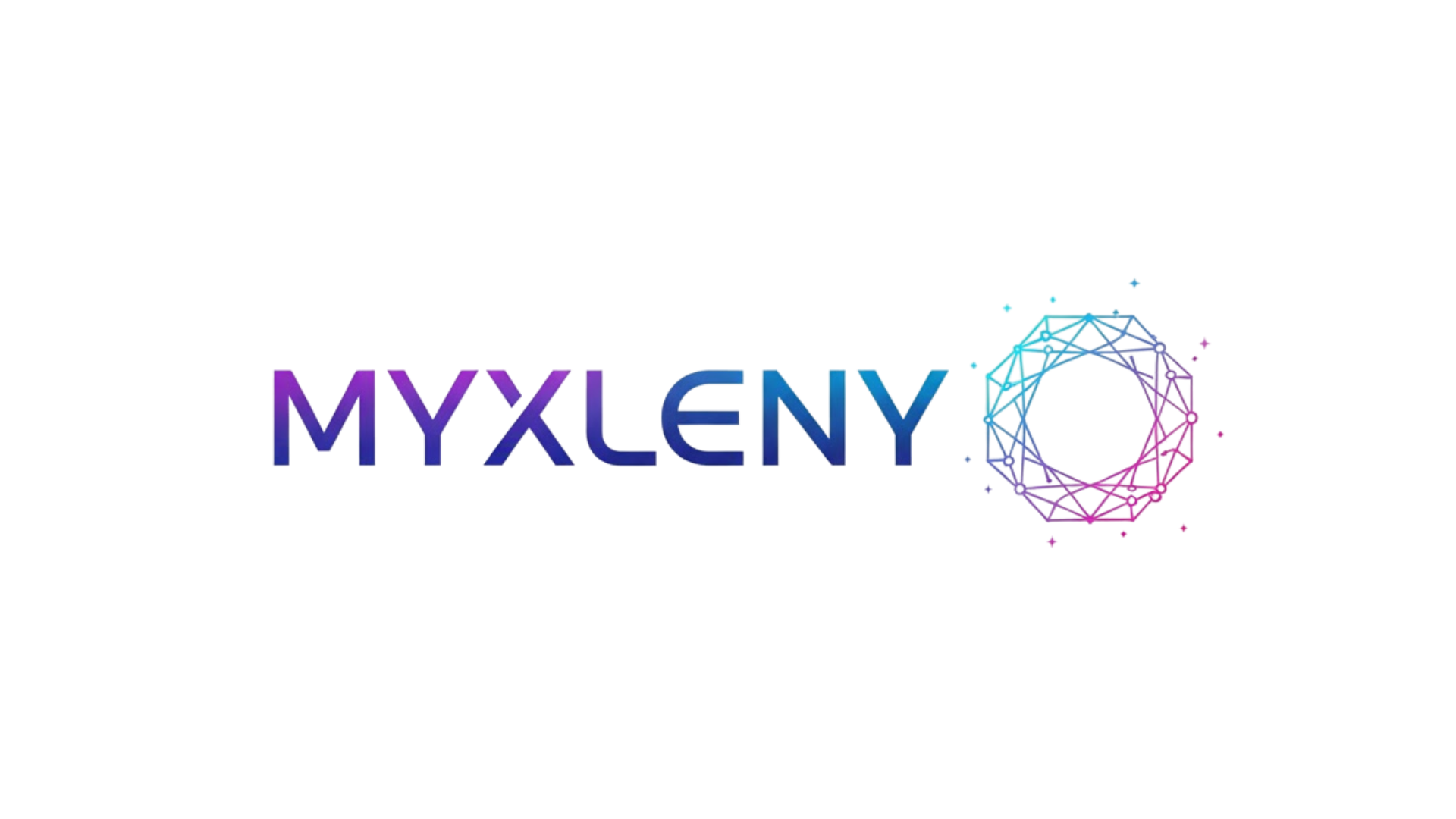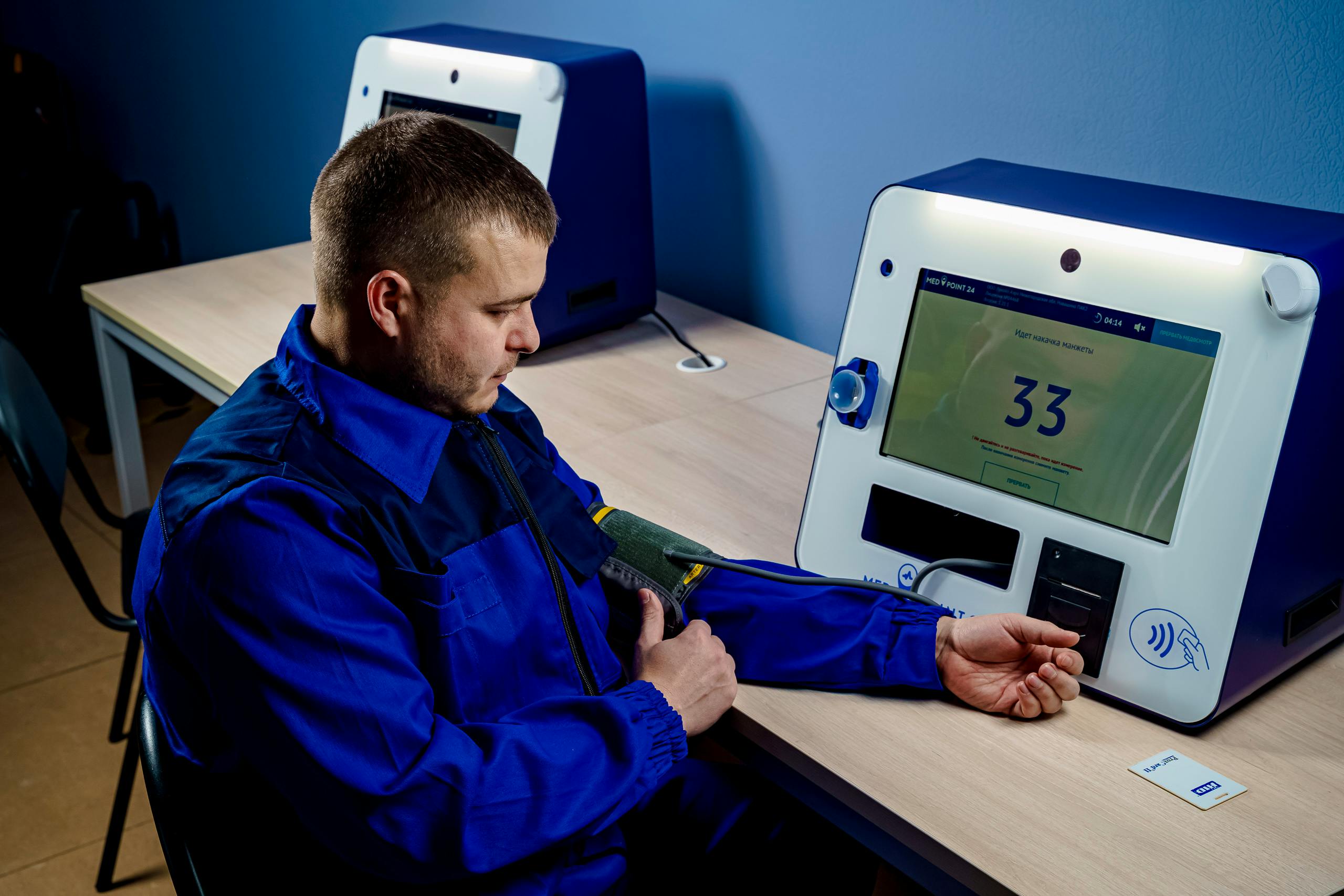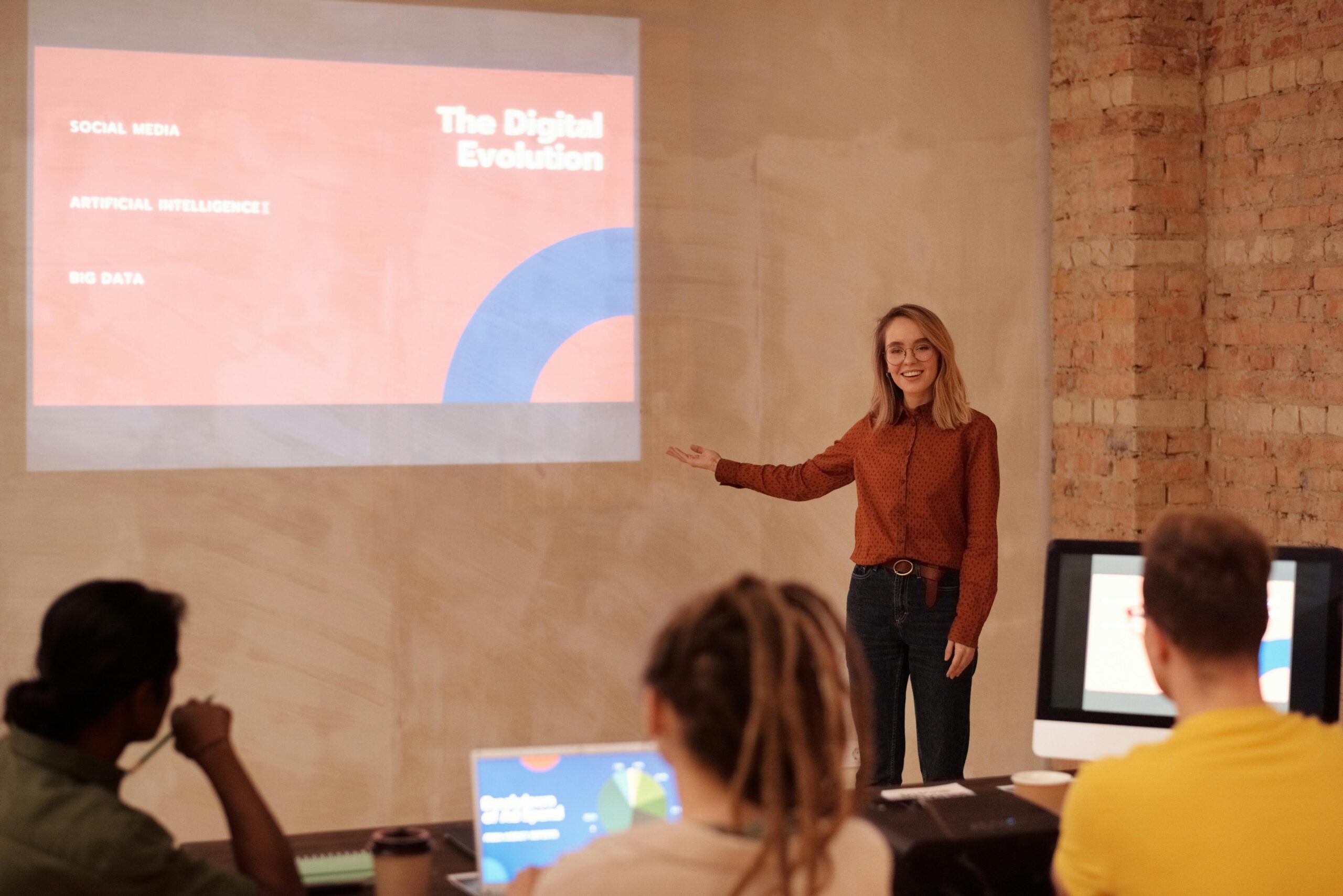Emotional intelligence is no longer optional in today’s fast-paced world. Mastering your emotions unlocks doors to better relationships, career success, and personal fulfillment that rational thinking alone cannot achieve.
🧠 Why Emotional Intelligence Matters More Than Ever
In an era dominated by artificial intelligence and automation, the human qualities that set us apart have never been more valuable. Emotional intelligence—the ability to recognize, understand, and manage our own emotions while empathizing with others—has emerged as a critical skill for personal and professional success.
Research from leading institutions consistently shows that people with high emotional intelligence outperform their peers in virtually every measurable category. They build stronger relationships, navigate workplace challenges more effectively, and demonstrate greater resilience when facing adversity. The World Economic Forum has repeatedly identified emotional intelligence as one of the top skills needed for the future workforce.
Unlike traditional intelligence quotient (IQ), which remains relatively fixed throughout our lives, emotional intelligence can be developed and strengthened at any age. This neuroplasticity means that with proper training and consistent practice, anyone can enhance their emotional capabilities and unlock their full potential.
Understanding the Five Pillars of Emotional Intelligence 🏛️
Daniel Goleman, the psychologist who popularized emotional intelligence, identified five core components that form the foundation of this essential skill set. Understanding these pillars is the first step toward mastering your emotions.
Self-Awareness: The Foundation of Emotional Mastery
Self-awareness involves recognizing your emotions as they happen and understanding how they affect your thoughts and behavior. People with strong self-awareness can identify their emotional triggers, recognize their strengths and weaknesses, and maintain an accurate assessment of their capabilities.
Developing self-awareness requires regular introspection and honest self-reflection. This might involve journaling, meditation, or simply pausing throughout the day to check in with your emotional state. The goal is to become an objective observer of your internal experiences rather than being swept away by them.
Self-Regulation: Taking Control of Your Emotional Responses
Once you’re aware of your emotions, the next step is learning to regulate them effectively. Self-regulation doesn’t mean suppressing emotions—it means managing them appropriately and expressing them constructively.
People who excel at self-regulation can remain calm under pressure, think clearly during conflicts, and avoid impulsive reactions they might later regret. They’ve developed strategies for managing stress, anxiety, and anger before these emotions escalate into destructive behaviors.
Motivation: Harnessing Emotion as Fuel for Achievement
Emotionally intelligent individuals understand how to use their emotions as motivational tools. They maintain optimism in the face of setbacks, pursue goals with energy and persistence, and find intrinsic satisfaction in their accomplishments rather than relying solely on external rewards.
This internal drive pushes them to continuously improve, embrace challenges as opportunities for growth, and maintain commitment to their objectives even when immediate results aren’t visible.
Empathy: The Bridge to Meaningful Connections
Empathy is the ability to understand and share the feelings of others. It goes beyond sympathy—it’s about genuinely stepping into someone else’s shoes and perceiving the world from their perspective.
Empathetic people excel at reading emotional cues, both verbal and non-verbal. They’re sensitive to others’ needs and concerns, making them exceptional team players, leaders, and friends. In professional settings, empathy translates to better customer service, more effective collaboration, and stronger workplace relationships.
Social Skills: Navigating the Complex Web of Human Interaction
The final pillar combines all the previous components into practical application. Social skills encompass effective communication, conflict resolution, collaboration, and the ability to inspire and influence others positively.
People with strong social skills build extensive networks, excel at teamwork, and create environments where others feel valued and understood. They’re often natural leaders who can guide groups toward common goals while maintaining harmony and mutual respect.
The Tangible Benefits of Emotional Intelligence Training 💪
Investing time and effort into developing emotional intelligence yields measurable returns across all areas of life. The benefits extend far beyond feeling better—they create concrete improvements in performance, relationships, and overall well-being.
Career Advancement and Professional Success
Studies consistently demonstrate that emotional intelligence is a better predictor of workplace success than technical skills or IQ alone. Employees with high emotional intelligence receive better performance reviews, earn higher salaries, and advance more quickly through organizational ranks.
Leaders with strong emotional intelligence create more engaged teams, foster innovation, and navigate organizational change more effectively. They understand that managing people requires more than assigning tasks—it demands genuine connection, clear communication, and the ability to inspire collective action toward shared goals.
Enhanced Relationships and Communication
Personal relationships thrive when emotional intelligence is present. Understanding your own emotional needs while remaining sensitive to your partner’s feelings creates a foundation for deep, lasting connections. Conflicts become opportunities for growth rather than threats to the relationship.
Emotionally intelligent communicators express themselves clearly without attacking others, listen actively to understand rather than simply to respond, and navigate disagreements constructively. These skills transform both personal and professional relationships.
Improved Mental Health and Well-Being
Developing emotional intelligence significantly impacts mental health outcomes. People who understand and manage their emotions effectively experience lower levels of anxiety and depression, report higher life satisfaction, and demonstrate greater resilience when facing challenges.
The ability to recognize negative emotional patterns early allows for intervention before they spiral into more serious mental health concerns. Emotional intelligence provides tools for maintaining psychological balance even during difficult times.
🎯 Practical Strategies for Emotional Intelligence Training
Understanding emotional intelligence conceptually is valuable, but real transformation comes from consistent practice and application. Here are evidence-based strategies you can implement immediately to develop your emotional intelligence.
Develop a Daily Mindfulness Practice
Mindfulness meditation is perhaps the most powerful tool for building emotional awareness and regulation. Even ten minutes daily can create significant improvements in your ability to recognize emotions without being controlled by them.
Start by focusing on your breath and observing thoughts and feelings as they arise without judgment. Notice where emotions manifest in your body—tension in your shoulders, tightness in your chest, or butterflies in your stomach. This somatic awareness helps you catch emotions early before they escalate.
Practice the Pause Technique
When you feel a strong emotion arising, particularly anger or frustration, practice pausing before responding. Take three deep breaths, count to ten, or excuse yourself briefly if possible. This simple technique creates space between stimulus and response, allowing your rational brain to engage before your emotional brain takes over completely.
During this pause, ask yourself: What am I feeling? Why am I feeling this way? What outcome do I want from this situation? How can I respond in a way that aligns with my values and goals?
Keep an Emotion Journal
Dedicate time each day to writing about your emotional experiences. Record what emotions you felt, what triggered them, how you responded, and what you learned. Over time, you’ll identify patterns in your emotional landscape—specific triggers, habitual responses, and effective coping strategies.
This practice strengthens self-awareness while creating a record of your growth journey. Looking back at earlier entries reveals how far you’ve come and reinforces the value of continued practice.
Seek and Act on Feedback
Our self-perception isn’t always accurate. Ask trusted friends, family members, or colleagues for honest feedback about how you handle emotions and interact with others. Listen without becoming defensive—remember that feedback is a gift that provides valuable information about your blind spots.
Focus particularly on situations where emotions ran high. How did others perceive your response? What impact did your emotional state have on them? Use this information to identify areas for improvement and track your progress over time.
Expand Your Emotional Vocabulary
Most people default to basic emotion words like “good,” “bad,” “happy,” or “sad.” Developing a more nuanced emotional vocabulary allows for greater precision in identifying and communicating feelings.
Instead of simply feeling “bad,” are you disappointed, frustrated, discouraged, anxious, or overwhelmed? Each of these emotions has different implications and may require different responses. The more accurately you can name your emotions, the better you can understand and manage them.
Overcoming Common Obstacles in Emotional Development 🚧
Developing emotional intelligence isn’t always straightforward. Understanding common challenges helps you prepare for and navigate them effectively.
Cultural and Gender Conditioning
Many people face cultural messages that discourage emotional expression or label certain emotions as weak or inappropriate. Men often receive messages that anger is acceptable but sadness or vulnerability is not, while women may be criticized for expressing anger or assertiveness.
Recognizing these conditioned responses is the first step toward transcending them. Emotional intelligence requires giving yourself permission to feel the full range of human emotions regardless of external expectations.
Past Trauma and Emotional Suppression
People who experienced trauma or grew up in environments where emotions were invalidated may find emotional intelligence work particularly challenging. If this describes your experience, consider working with a therapist who specializes in emotional processing alongside self-directed practice.
Healing these deeper wounds often unlocks significant emotional growth and allows you to access the full benefits of emotional intelligence training.
Impatience with the Process
In our instant-gratification culture, the gradual nature of emotional development can feel frustrating. Remember that you’re literally rewiring neural pathways that have been forming throughout your entire life. Change happens incrementally through consistent practice, not overnight transformation.
Celebrate small victories—noticing an emotion before reacting, choosing a constructive response when you would have previously lashed out, or successfully empathizing with someone whose perspective differs from yours.
Creating Your Personalized Emotional Intelligence Development Plan 📋
Structured approaches yield better results than scattered efforts. Create a comprehensive plan tailored to your specific needs and circumstances.
Assess Your Starting Point
Begin by honestly evaluating your current emotional intelligence across the five pillars. Rate yourself on a scale of 1-10 for self-awareness, self-regulation, motivation, empathy, and social skills. Identify your strongest areas and those needing the most development.
Consider using standardized emotional intelligence assessments available online for a more objective baseline measurement. These tools provide detailed feedback on specific competencies within each pillar.
Set Specific, Measurable Goals
Rather than vague intentions like “improve emotional intelligence,” set concrete objectives such as:
- Practice mindfulness meditation for 15 minutes daily without exception
- Pause and take three deep breaths before responding to criticism or conflict
- Ask at least one person weekly for feedback on my emotional responses
- Journal about emotions for 10 minutes each evening
- Read one book on emotional intelligence quarterly
Schedule Regular Practice Time
Emotional intelligence develops through consistent practice, not occasional attention. Block specific times in your calendar for emotional intelligence activities just as you would for important meetings or appointments.
Morning often works well for meditation or journaling, while evening provides opportunity for reflection on the day’s emotional experiences. Find rhythms that work for your lifestyle and commit to them.
Track Your Progress and Adjust
Review your emotional intelligence development monthly. What practices are working well? Which feel forced or ineffective? What changes have you noticed in your emotional awareness, regulation, and relationships?
Adjust your plan based on these reflections. Emotional intelligence development isn’t one-size-fits-all—customize your approach based on what resonates with you and produces tangible results.

🌟 Transforming Potential into Reality Through Emotional Mastery
Your full potential remains locked until you develop the emotional intelligence to access it. Technical skills, knowledge, and cognitive abilities can only take you so far without the emotional competence to apply them effectively in real-world situations involving complex human dynamics.
The most successful people aren’t necessarily the smartest or most talented—they’re those who understand themselves deeply, manage their emotions skillfully, and navigate relationships with wisdom and empathy. These capabilities allow them to leverage their other strengths fully and inspire others to do the same.
Beginning your emotional intelligence journey requires courage. It means confronting aspects of yourself you might prefer to avoid, acknowledging weaknesses you’ve hidden, and changing patterns that feel comfortable even when they’re not serving you well. This discomfort is temporary—the growth it produces lasts a lifetime.
Start small but start today. Choose one practice from this article and implement it consistently for the next thirty days. Notice what changes. Then add another practice. Layer these skills incrementally until emotional intelligence becomes not something you do but something you are—a fundamental part of how you move through the world.
Your emotions are not obstacles to overcome or weaknesses to hide. They’re sources of valuable information, drivers of motivation, and bridges to meaningful connection. Learning to master them doesn’t mean controlling or suppressing them—it means understanding, channeling, and expressing them in ways that serve your highest goals and deepest values.
The journey toward emotional mastery is lifelong, but the rewards begin immediately. Each small improvement in emotional awareness or regulation creates ripples that touch every area of your life. Relationships deepen, career opportunities expand, stress becomes manageable, and life becomes richer and more meaningful.
Your full potential awaits on the other side of emotional intelligence. The question isn’t whether you have the capacity to develop it—neuroscience confirms that you do. The only real question is whether you’ll commit to the practice required to unlock it. Choose to begin today, and your future self will thank you for the investment.
Toni Santos is a future-of-work researcher and social innovation writer exploring how technology, culture, and global mobility are redefining what it means to work and thrive in the 21st century. Through his studies on automation, digital nomadism, and workforce transformation, Toni examines the balance between progress, adaptability, and human purpose in a rapidly changing world. Passionate about remote collaboration systems and digital inclusion, Toni focuses on how emerging tools and global connectivity empower individuals to build meaningful, flexible, and resilient careers. His work highlights how automation and new work models can coexist with creativity, empathy, and social value. Blending sociology, economics, and digital strategy, Toni writes about the human side of innovation — helping readers understand not only where work is heading, but how to align with its transformation responsibly and purposefully. His work is a tribute to: The evolving relationship between automation and human employment The rise of global, location-independent lifestyles The power of resilience and adaptability in the modern workforce Whether you are a freelancer, remote leader, or curious observer of the new economy, Toni Santos invites you to explore the future of work — one idea, one connection, one transformation at a time.




